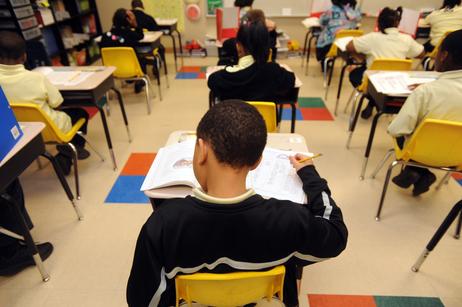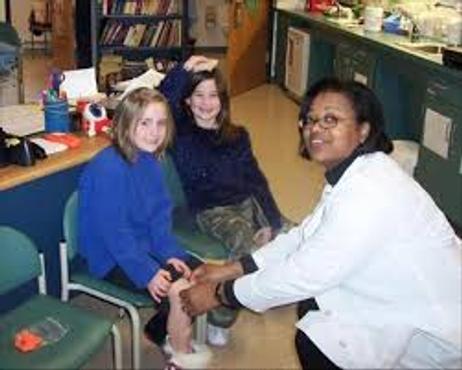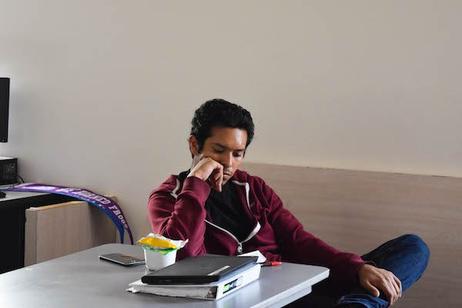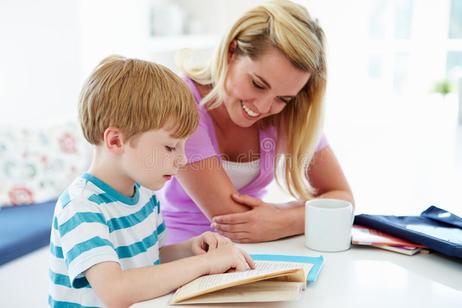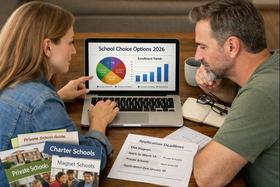The value of standardized test results continues to mount, with state and federal lawmakers utilizing these test scores to give either rewards or punishments to school districts.
Many schools, particularly those in low-income areas that are already stretching resources too thin, are facing additional pressure to "teach to the tests" in order to ensure all of their much-needed funding continues. The pressure has apparently led some teachers and administrators to "tweak" test scores so schools get a better performance rating.
Cheating in Atlanta?
According to a recent report in the Atlanta Journal-Constitution, as many as 109 teachers and administrators in Atlanta are being investigated for possible cheating on standardized tests. Suspicions began in December 2008, when the paper published an analysis that showed the academic gains in some Atlanta schools were simply too good to be true. When the tests were audited, an unusual number of erasures on tests were discovered, leading to the investigation into allegations of cheating on the tests.
If evidence is found that the educators did indeed change some test answers, they may face further scrutiny and sanctions. The investigative panel responsible for looking into this issue released a final report with the following findings of the employees suspected of cheating:
- 78 of the employees worked at just 12 schools.
- 25 employees at 13 different schools appear to have acted independently.
- 6 employees at the 33 remaining Atlanta Public Schools also acted independently, according to the investigation.
An article in the

